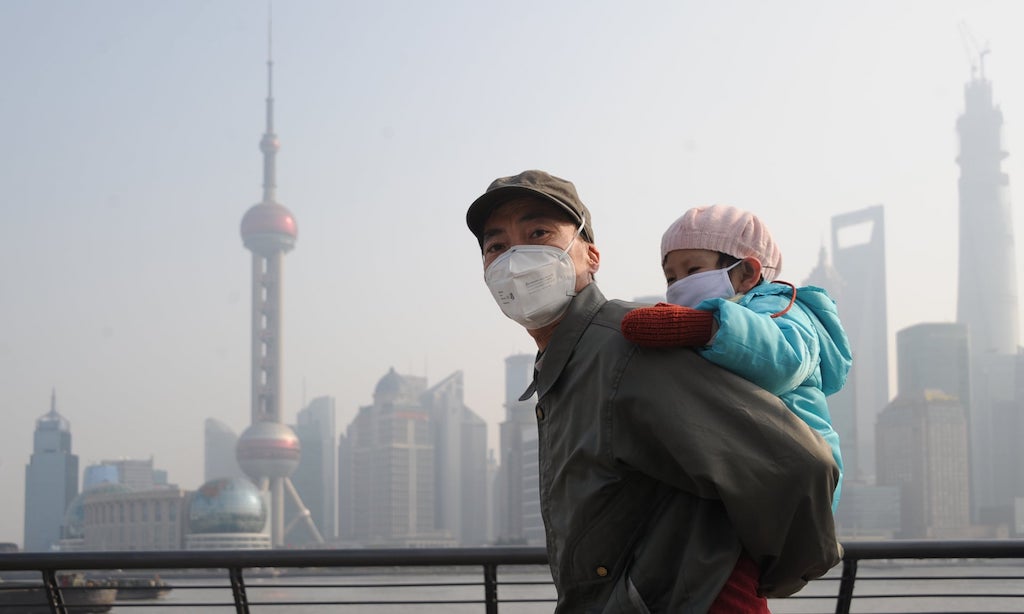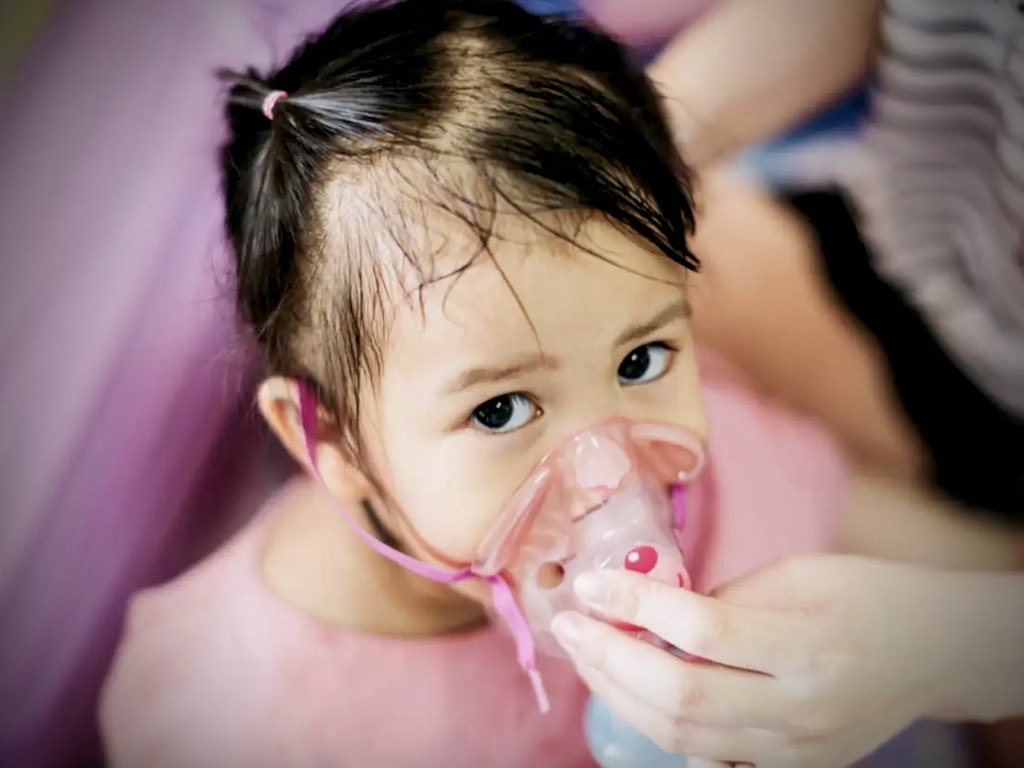4 Mins Read
For some, climate change doesn’t feel like much of a crisis. Temperatures are slowly creeping up and the sky sometimes looks hazy, but what does it actually mean for us? Does it directly affect our health and wellbeing? Well the answer is a resounding yes – the climate and ecological crisis has direct repercussions on our ability to live healthy lives. Here are 8 facts to show exactly how the climate emergency is already impacting our health and wellbeing.
1. Fossil fuel pollution is responsible for 4.5 million premature deaths per year
According to a Greenpeace report published earlier this year, fossil fuel firms aren’t just responsible for enormous amounts of carbon emissions that are driving the climate crisis, but the pollution it causes in the process of burning fossil fuels are causing an estimated 4.5 million premature deaths each year. Researchers also found that 40,000 children die before their 5th birthday due to exposure to PM2.5 pollution from fossil fuel burning.
2. Children are facing food shortages & nutritional deficiencies
A recent assessment by the Lancet commission says that soaring global temperatures will mean that children of today will experience extreme weather events that can spark widespread food shortages. The experts highlighted that on our current trajectory, we are looking at a temperature rise of four degrees celsius by the time a child born today reaches the elderly years of his or her lifetime, and warmer weather is already making staple foods harder to grow in certain areas. As a result, key populations – especially children – will be vulnerable to nutritional deficiencies and weakened immune systems to protect themselves against pathogens and diseases.

3. Global heating means faster spread of some diseases
The same report finds that beyond decimating crop yields, the climate crisis, which will see temperatures rise year after year, will promote the spread of mosquitoes across habitats that they previously couldn’t survive in. This will mean that cases of dengue fever are likely to spread to areas where the disease did not exist in the past. As of right now, half the world is already in the range of the mosquito-borne disease.
4. Dirty air is associated with increased risk of “silent” miscarriages
Last year, a landmark study in China found that maternal exposure to air pollution was linked to an increased risk of fetus disease and missed or “silent” miscarriages. Worsening air quality in the region has been driven by rising numbers of combustion engine cars on the road and haze as a result of deforestation across Asia
5. Polluted air also means higher risk of brain cancer

Elsewhere, a study conducted by a group of scientists in Canada found that an increase in pollution exposure equivalent to the difference between a quiet city street and a busy road could lead to a heightened burden of brain cancer by more than 10%. These results marked the first findings that have established an association between nano-particles such as PM2.5 – which are becoming increasingly concentrated in cities where rapid urbanisation is driving unsustainable resource extraction and greenhouse gas emissions – and the rare and deadly form of cancer.
6. Eating carbon-intensive foods is linked to poorer health
A research team from the University of Oxford assessed different foods, and found that fruit, vegetables, beans and wholegrains were not only the least resource-intensive foods as they require less water, land and generate fewer carbon emissions to produce, but were also the best for preventing diseases. The study also found that the most resource-intensive foods, such as red meat, were associated with poor health outcomes, including heart disease, stroke, type 2 diabetes and colorectal cancer.
7. Extreme heat will contribute directly to deaths from cardiovascular and respiratory disease

In May, researchers found that due to unabated global heating, 3.5 billion people are likely to live under conditions that are too hot for human life to flourish within just a few decades time. According to the World Health Organisation (WHO), such extreme high temperatures occurring in increasingly frequent heat waves are direct contributors to deaths from cardiovascular and respiratory diseases, as well as aggravate existing chronic illnesses such as asthma, which affects 300 million people globally.
8. It’s harming our mental health too
Finally, climate change events are having an impact on our mental health too. A U.S. federal report issued by the country’s Global Change Research Program has outlined several ways that the climate emergency, which is bringing about more extreme heat and more frequent weather disasters such as flooding and drought, is associated with rising cases of anxiety, depression and post-traumatic stress disorder. The experts also reported that a significant proportion of people affected by climate events will go onto develop chronic psychological dysfunction as well.
Lead image courtesy of iStock.




